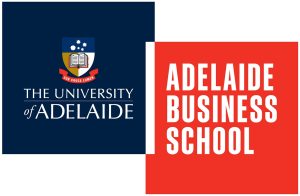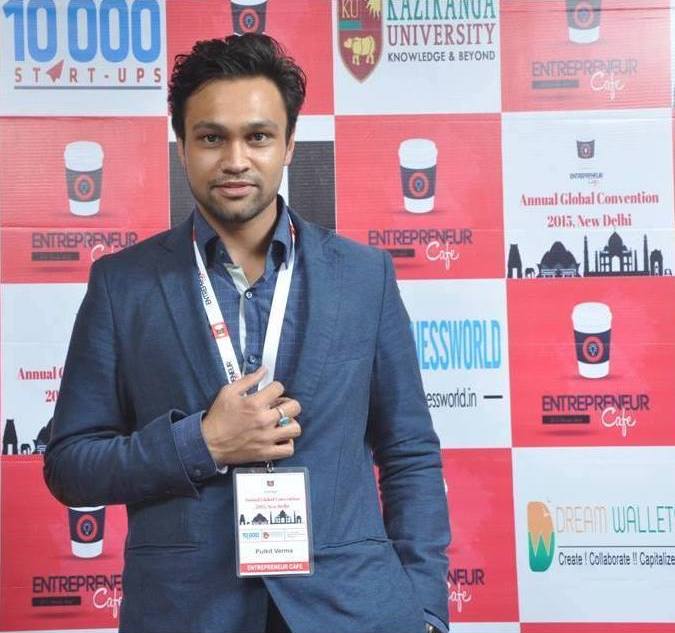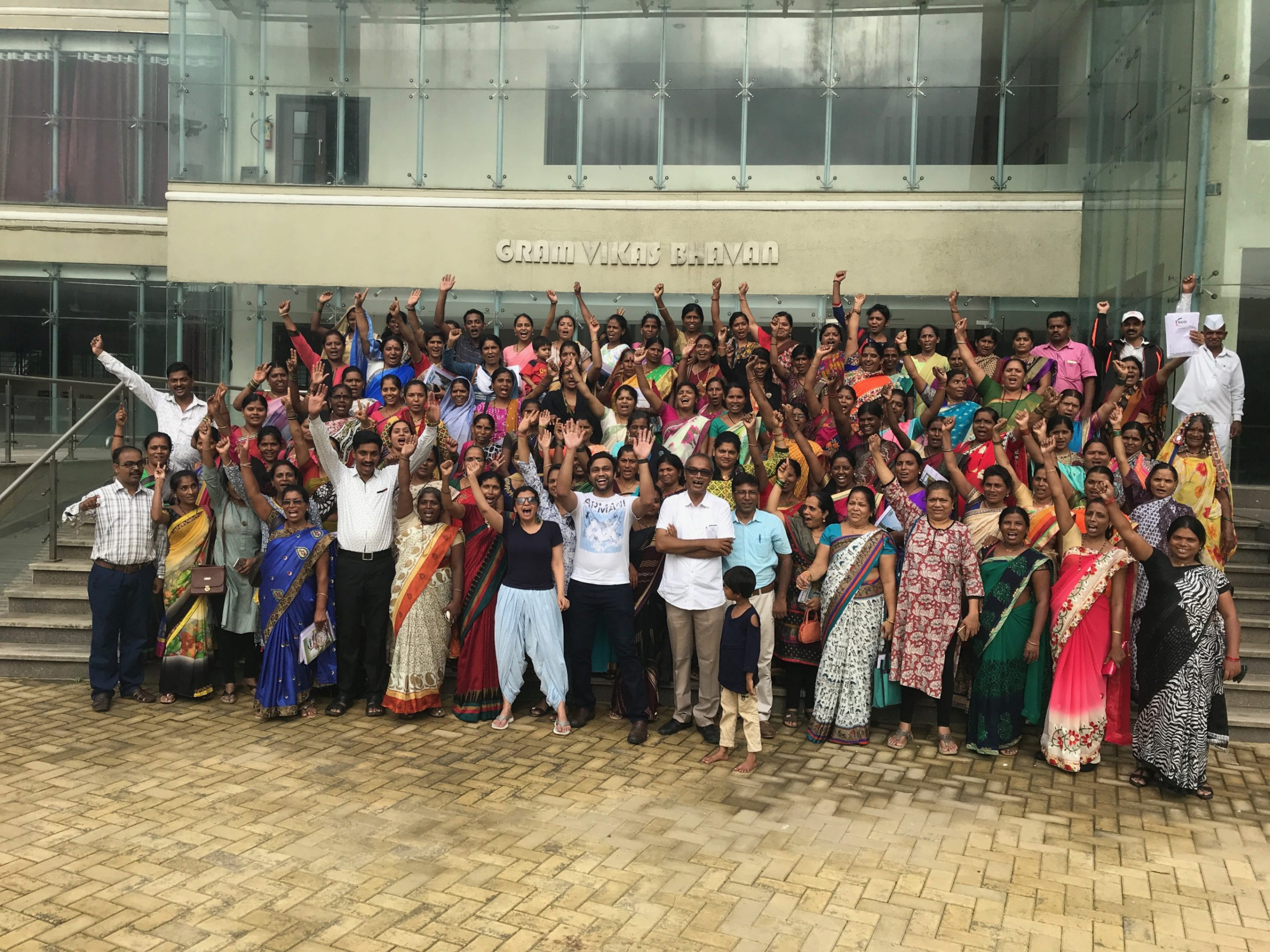Pulkit Verma was already on a career fast track, swinging from IT, business development, creative industries and into leadership. To reach the next level, the India-based entrepreneur could see only one option for acceleration – a unique course offered in the distant city of Adelaide.
Pulkit Verma and the problem of opportunity
Pulkit Verma’s CV is overwhelming. The young Bachelor of Science graduate and current Adelaide Business School MBA in Entrepreneurship student has held roles in business development, IT, health and the creative industries.
View the Adelaide Business School’s range of MBA programs here.
This article was produced in collaboration with the Adelaide Business School.

He was also highly instrumental in the formation of one of the world’s biggest non-profit entrepreneurial communities – the Entrepreneur Café – which operates in more than 100 cities on six continents.
As broad as his experience is, Pulkit could see some crucial steps on his career path missing.
His ultimate ambition is characteristically bold. He wants to become a “serial entrepreneur and hopefully a serial innovator”. But there’s a challenge along the way – one last gap in his resume that must be filled to prepare him for a life of start-up success.
“I wish to work in a management or a leadership role, in top multi-national corporations for a couple of years or more,” he says, “and gain insights on how things work in such a large and international setting, as that’s the only thing I haven’t experienced so far.”

Pulkit lives and work in India – a highly-competitive corporate market. Looking for an edge to help him rise up the leadership ladder, he took the advice of a senior colleague and chose a unique MBA.
“I was seeking a specialised course, which not only polishes my understanding of management but also gives me a formal education of entrepreneurship,” he says.
“That’s when I found out about the MBA in Entrepreneurship at the University of Adelaide, which had a perfect balance of both.”
After beginning his studies in the second semester of 2020, while the world was still struggling to grasp the breadth of the COVID-19 crisis, Pulkit takes all of his classes online – working remotely with classmates and educators. Even with the distance, and while juggling his MBA in Entrepreneurship with ongoing business consultancy work, he’s already making radical changes as the result of his learning.
“Despite having interacted with hundreds of entrepreneurs, I never learned about the formal academic frameworks of entrepreneurship and innovation,” says Pulkit. “Such frameworks gave me a scientific model which I can apply in my own business.
“I have made changes in the marketing plan of my family business and optimised the way we handle our logistics… Most of these changes came as a result of the new mindset that I have acquired.”
Pulkit sees huge value in the acquisition of these practical skills for his ascent in corporate life, but he’s also been deeply affected by the philosophical approach the course fosters.

Whether in employment or his own ventures, he has always been a problem solver. A seminal career experience was his year spent as a business development manager with the Federation of Indian Chambers of Commerce and Industry (FICCI), working “to empower microenterprises led by rural women entrepreneurs”.
Responsible for supporting about 50 small business, Pulkit helped navigate through endless challenges – from lack of resources to low education levels. With every problem that he and the women entrepreneurs overcame, the microbusinesses grew stronger.
Now, years later, through the formal teachings of his MBA in Entrepreneurship, Pulkit is learning that these creative problem-solving skills are the embodiment of entrepreneurial thinking – an approach that can underpin his future success.
“Almost every time, entrepreneurial thinking begins with a problem,” he says, “which an entrepreneur solves using an entrepreneurial mindset… through the process of creativity and innovation.”
Through a combination of experience and education, Pulkit has unlocked the power of a simple idea – realising that each challenge is also an opportunity. Now, his ultimate goal feels much closer.
“This MBA [in Entrepreneurship] is the beginning of my journey to make an impact in this world,” he says.




